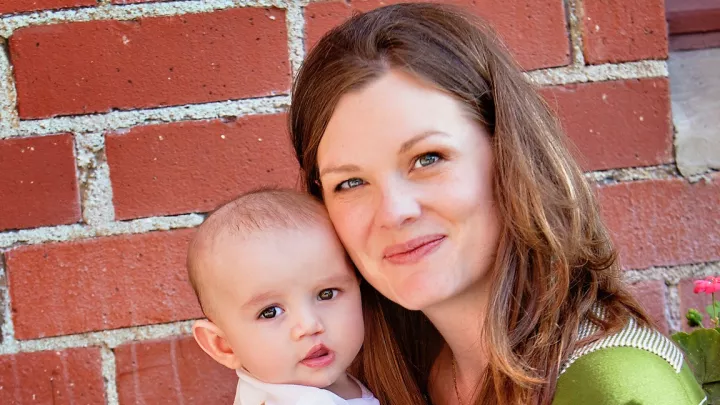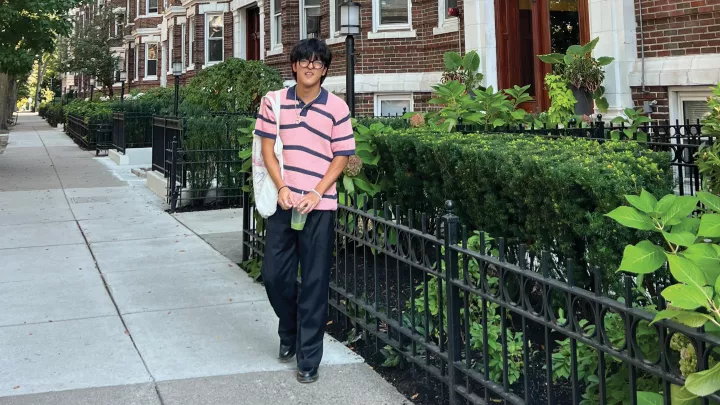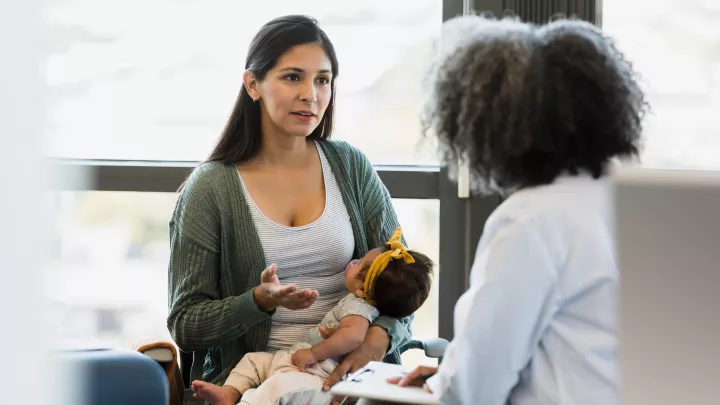Surgery FAQs
We are dedicated to making your stay with us as comfortable and convenient as possible. Our staff is available at all times to answer your questions and to help you and your child navigate the hospital experience. In addition, our hospital offers you access to a host of services for families, including child development specialists, language and cultural specialists, therapeutic art, music and writing programs for patients and siblings and family support groups.
We know that any hospitalization, however brief, affects the whole family.
Once your child’s surgery in the Division of Plastic and Maxillofacial Surgery has been scheduled, one of our surgical nurses or care coordinators will provide you with a list of things you’ll need to do to prepare for that day. You are welcome to take a tour of our facilities prior to admission, so you can know more about what to expect – and can pass on your sense of confidence to your child.
Why should we consider coming to Los Angeles for care?
A large number of families come to Children's Hospital Los Angeles from across the country and other parts of the world. They come because they are not completely satisfied with the care available for their children in their local area. Frequently, their physicians are less familiar with the particular conditions of their child. An experienced surgeon can treat a child more quickly with fewer stages and with better results than someone who has had little experience or a low clinical volume of similar cases.
How many pediatric plastic surgeons are there in the country?
Surprisingly few plastic surgeons specialize in children. Most plastic surgeons treat some children in their practice, but, in general, the financial incentive to treat adults is greater. There are very few plastic surgeons, probably less than 25 in the whole country, who can say that the majority of their practice consists of children or that they have had extensive experience with a wide variety of pediatric issues. The advantage of being one of the largest groups of pediatric plastic surgeons nationwide is that our surgeons are further divided by subspecialty area.
How do parents find you?
A majority of patients who come to us are referred by other parents whose children have similar conditions. Parents of children with craniofacial issues meet each other in doctor's offices, community settings, support groups and over the Internet. A number of support organizations have recommended us as well.
How can we know if our physician is an expert in our child's condition?
You can get a sense of whether a physician treats a significant number of children at his or her office. If you see more adults than children in the waiting room, the answer is no. Also, plastic surgeons are trained to take before and after pictures of their patients. If the physician you are considering cannot show you similar conditions with before and after results, he or she may not be as familiar with your child's problem as you would like.
Can you put us in touch with other people who have been through a similar experience?
We would be happy to put you in contact with other families we have helped. We believe that sharing the treatment experience can be extremely useful for parents. Your physician should be able to look up a particular condition and provide you a list of families you may contact for additional information. If your physician is unable or unwilling to do so, you may have reason for concern.
We are traveling from out of state. How easy is it to get to Children's Hospital Los Angeles and to stay near there?
It is easy to come to Los Angeles. It can even be inexpensive. Some airlines have programs that will provide complimentary tickets for children flying to Los Angeles for medical care. Children's Hospital Los Angeles has a large Ronald McDonald House where patients and families who qualify for this type of assistance can stay at almost no cost. There are a number of local hotels that give us discounted rates as well.
How long will we have to stay in Los Angeles?
Children heal very quickly. In our practice, we see patients who come from out of town on Tuesday night and have surgery the next morning, then we typically see them Friday or Saturday morning before they return home. A day or two after surgery, most children are able to go to Disneyland.
Will my insurance pay for my child's care?
The answer is a resounding "maybe.” Some insurance companies offer full coverage for a wide range of conditions and some do not. Please allow us to assist you in determining your child's eligibility by filling out our contact form. The more information we have prior to your child's appointment, the more efficiently we can serve you.
Will you assist us with obtaining authorization from our insurance companies? And what about other aspects of our stay?
Our staff members assist families in obtaining authorization from their insurance companies. In fact, we provide you with full service from your initial inquiry to your child’s post-operative examinations, including assistance with temporary housing.
Are Saturday consultations possible?
Each of our surgeons has dedicated Saturday appointments and aside from holidays, we typically are open every Saturday.
Children's Hospital Los Angeles is a teaching hospital. Does that mean interns and residents will be operating on my child?
Children's Hospital Los Angeles is the pediatric hospital for the Keck School of Medicine of University of Southern California (USC), which brings residents and interns to our campus. A resident who rotates through our service from USC is usually an individual who not only has earned a medical degree but has completed three to six additional years of general surgery residency and is now about to complete his or her plastic surgery residency. Residents do assist with cases, but they are never the primary surgeons.
How many physicians will be involved with my child's care?
For certain problems, we utilize a team of doctors. For instance, cleft lip and palate patients have multiple problems that not only involve appearance, but can involve speech, hearing and jaw development. These patients typically are seen by a variety of specialists within the Division of Plastic and Maxillofacial Surgery and other divisions at Children's Hospital. We arrange a team evaluation so your child can be seen by all of the necessary specialists on a given morning. This may include genetics or pediatrics, a hearing and speech evaluation, a dental evaluation, orthodontic care or other care relevant to his or her condition.
What is the most appropriate age for my child to have surgery?
When to have surgery depends to some extent on the condition being treated. In general, the earlier we can treat a problem, the better. Young children often have less anxiety and heal better and more quickly than older children.
Will my child be given anesthesia?
Most often, our surgeons use a light form of general anesthesia so children experience less anxiety, which enables the surgeon to take more time and do a better job. All of our anesthesiologists are specialists in working with children and have completed a fellowship in pediatric anesthesiology. Unlike most other hospitals, our pediatric anesthesiologists only treat children every day.
Is anesthesia dangerous for small children?
No. If anesthesia is given by anesthesiologists who specialize in children at a well-equipped hospital, such as Children's Hospital Los Angeles, the risk of anesthesia is minuscule. The chance of sustaining a problem from anesthesia is less than sustaining an injury while driving. Children's Hospital uses only pediatric anesthesiologists, many of whom were pediatricians before training in anesthesia. It is our experience that young children actually tolerate anesthesia better than older children and adults.


